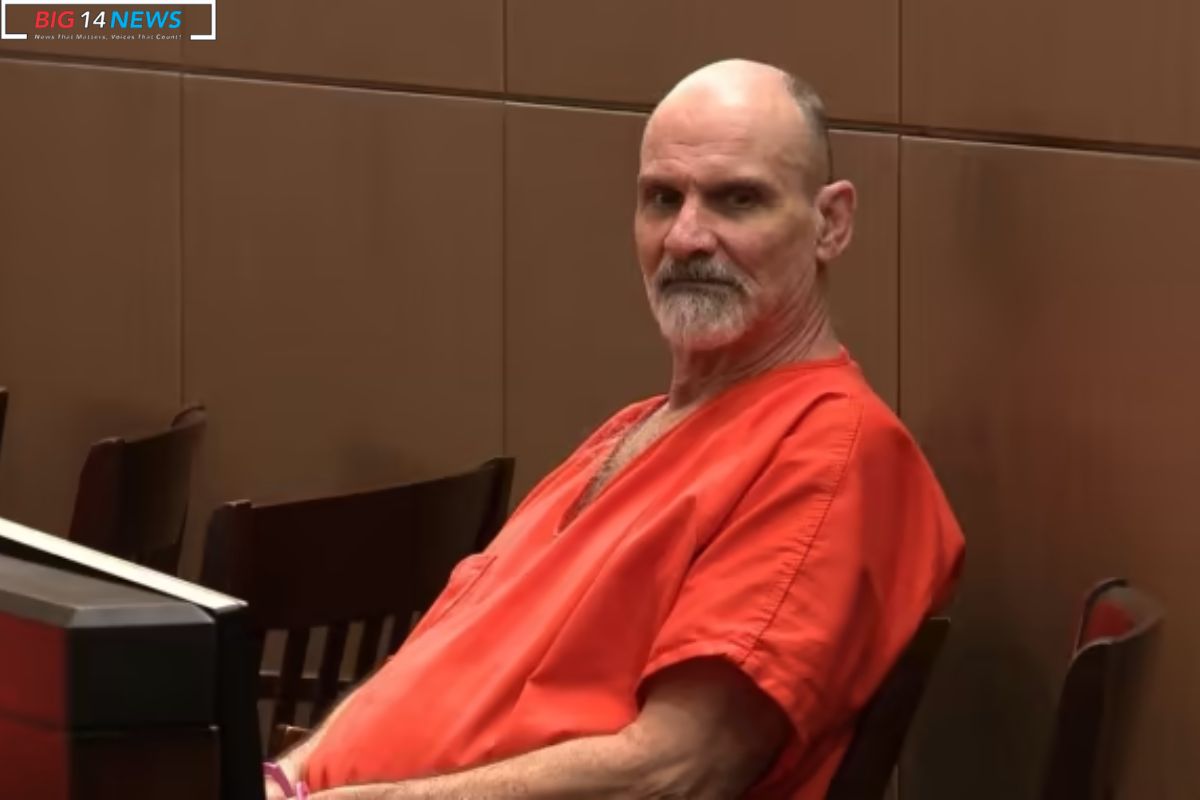Intoxication Manslaughter Trial: A man named Paul Donaldson is finally going to court after more than six years. He is in trouble because he killed someone while drunk, which is called “intoxication manslaughter.” This means he is being blamed for getting drunk or high and causing a horrible accident. It’s very dangerous, like playing with fire.
Let’s go back to the year 2017. Paul Donaldson was on the big highway, Interstate 35, then. He was headed in the wrong direction, which is crazy! How could that be? Imagine that your toy car is driving down the wrong road. It is not at all safe.
Paul Donaldson was driving in the wrong direction, which led to a horrible accident near Walzem Road. Armando Ortiz died in that crash when he was only 28 years old. It’s so sad to think that a mistake could kill someone.
What was Paul Donaldson doing while all of this was going on? He was not only going in the wrong way. He was also using drugs, which is a horrible thing. The tests showed that he was high on methamphetamine. This drug is dangerous and very strong. He also had the pills phentermine and imipramine, which are used to help people lose weight and treat depression. Because he was on these drugs, he couldn’t drive well.
But what’s shocking is that Paul Donaldson drove the wrong way on the road for six miles before the accident. That’s like taking a long time to go in the wrong direction. It’s hard to see how someone could do that and not realize they’re in danger.
Because of how he drives, Paul Donaldson has been in trouble with the cops. In fact, this is the seventh time he has gotten in danger while going to Bexar County. That is a lot of risk, and it’s scary because it means he hasn’t been driving safely.
This year, a group of reporters asked Armando Ortiz’s family how long this case has been going on. They were both sad and angry that justice took so long. Imagine waiting a long time for something important, which keeps getting put off. It’s wrong, and it makes things hard for the family.


ALSO READ: Ovidio Guzmán López Pleads Not Guilty: El Chapo Son Faces US Drug Trafficking Charges in Chicago
Paul Donaldson’s case is in a different court called the 227th court, and a group of regular people called a jury has been picked. People will talk about what they saw and know about the case at the meeting, which is about to start.
If Paul Donaldson is found guilty of killing someone while drunk, he could go to jail for up to 20 years. You will be away from your family and friends for a long time.
In a situation like this, it’s essential to understand that everything you do has an effect. When our bad decisions hurt others, we must deal with the results. Armando Ortiz’s family has been waiting long for justice, and now the case is going forward in court. We hope that those hurt by this sad event can find peace no matter what happens.
Our Reader’s Queries
What is an example of intoxication manslaughter?
When a person causes the accidental death of someone while committing an intoxication offense like DWI, Flying While Intoxicated, or Boating While Intoxicated, it’s called Intoxication Manslaughter.
What is the sentence for intoxicated manslaughter in Texas?
In Texas, causing a fatal accident while under the influence of alcohol or drugs is usually considered a second-degree felony. This means the person responsible could face a prison sentence ranging from two to 20 years, as well as a fine of up to $10,000.
What is intoxication manslaughter in Houston TX?
Causing death while drunk driving is a serious offense, categorized as a second-degree felony. The penalty for this is 2 to 20 years in prison and a potential fine of $10,000. Additionally, the offender’s driver’s license can be suspended for a period of 180 days to 2 years.
What is the sentence for manslaughter in Texas?
In Texas, manslaughter is considered a serious crime and is classified as a second degree felony. The consequences for this offense usually result in a sentence ranging from two to twenty years in a state prison, along with a possible fine of up to $10,000.

